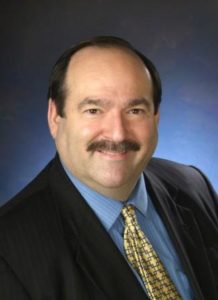Senator Steve Geller Statement on Florida DEP Proposal to Increase Allowable Toxins in State Waters

Senator Steve Geller
The Florida Department of Environmental Protection (DEP) is currently reviewing the level of certain chemicals that can be discharged into Florida’s waters. It is proposing that the levels of over ½ of these be increased, including several known carcinogens. One of these chemicals is benzene, used in fracking. Many people believe that one of the main reasons for this re-evaluation is to increase benzene limits, to make fracking easier in Florida. The DEP is using a “Monte Carlo” method for calculating the acceptable standards which is not used by any other state or by the Federal Government. These changes will be voted on by the Florida Environmental Regulation Commission, a Governor Scott appointed body that hasn’t met in about two years. Of the seven Commission seats, two are vacant – the positions representing Local Governments and the Environmental Community. It is not acceptable to increase levels of known poisons and carcinogens that can be discharged into Florida’s waters using determination methods not used in any other state. Floridians need to organize and let our leaders in the Legislature and Cabinet know that we are opposed to this little-publicized attempt to harm Florida’s waters and potentially poison Floridians.
A shorter excerpt of this statement first appeared in the Sun-Sentinel on June, 26, 2016.
